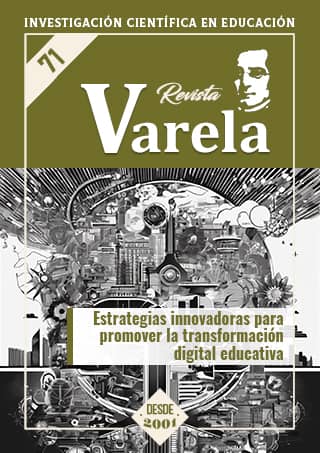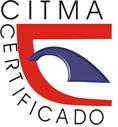Perceptions of digital innovation and active methodologies in Cuban university educational practice
DOI:
https://doi.org/10.5281/zenodo.1530731Keywords:
Vocational training, Pedagogical innovation, Digital resources, Educational modelAbstract
Cuban higher education has the mission of raising the quality of learning, the integral formation of students and innovating in didactics according to social demands and technological development. The present work aims to analyze the perception of teachers and students on the implementation of new teaching-learning methodologies to achieve innovative didactics in the training of professionals. It followed an exploratory ex post-facto, non-experimental design, combining two methodological approaches, with the application of surveys to teachers and students. The results showed that the current didactic model is focused on traditional methods and the use of active methodologies centered on the student is low; there is a lack of preparation of teachers in the use of active methodologies and in the use of digital resources, which demands customization of implementation strategies with adaptation to particular needs and characteristics. The study concludes that, although a predominantly traditional educational model is identified, there is a favorable disposition towards the adoption of student-centered active methodologies and a favorable prognosis for didactic innovation.
Downloads
Downloads
Published
Issue
Section
License
Copyright (c) 2025 Varela Journal

This work is licensed under a Creative Commons Attribution-NonCommercial 4.0 International License.
















